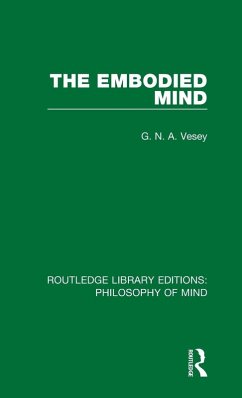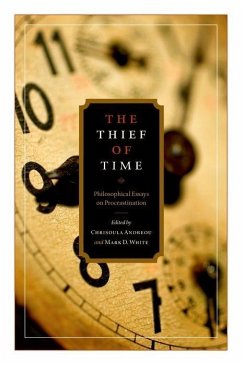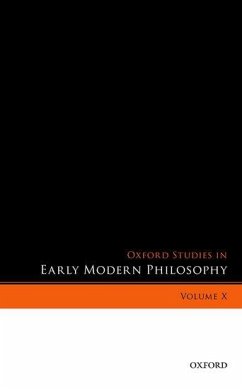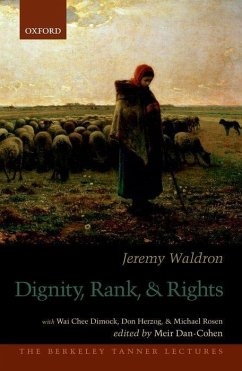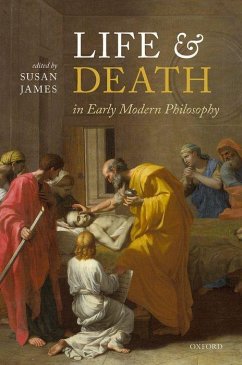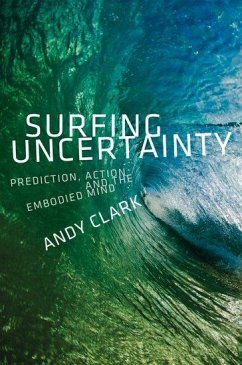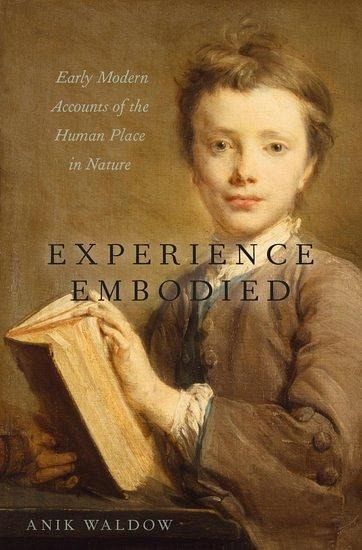
Experience Embodied
Early Modern Accounts of the Human Place in Nature
By investigating conceptions of experience from Descartes to Kant, this book shows that one of the central questions of the early-modern period was how humans can instantiate in their actions the principles of rational moral agency, while at the same time responding with their bodies to the causal play of nature. Through the analysis of this question, the book draws attention to the bodily underpinnings of the ability to experience thoughts and feelings. It thus challenges overly subjectivist interpretations that concentrate on the inner realm of the experiencing mind and because of this fail ...
By investigating conceptions of experience from Descartes to Kant, this book shows that one of the central questions of the early-modern period was how humans can instantiate in their actions the principles of rational moral agency, while at the same time responding with their bodies to the causal play of nature. Through the analysis of this question, the book draws attention to the bodily underpinnings of the ability to experience thoughts and feelings. It thus challenges overly subjectivist interpretations that concentrate on the inner realm of the experiencing mind and because of this fail to account for the worldly dimension of being experientially responsive to the affections of the body.





